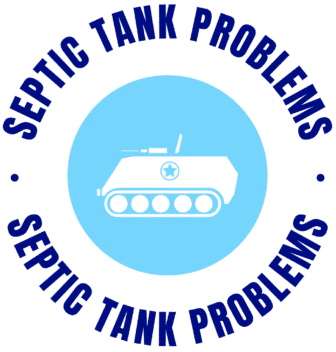Home improvement is always the primary activity of any homeowner. When it comes to your property, you’re always open to making things better. It should only be expected because the home is the ultimate investment. It can take an entire life’s savings to purchase a house and maintain it. One component of the home that needs your attention is your septic system. It treats the wastewater that your household produces every single day. You can consider it a very hard working piece of the property so it is only natural for you to take extra care of it. As the property owner, you should know what issues you have to face with the septic system. Helping your septic system means that there are accessories that you could install to help improve its function. The seepage pit is one thing you could consider being installed. The seepage pit is a hole in the ground that helps the septic tank purify the effluent. But how can you maintain your seepage pit? Did you know that salt can cause clogging in a seepage pit?
The seepage pit has biomat that is regulated by aerobic bacteria. It only receives the fluids because the septic tank’s anaerobic bacteria have already broken everything down. It is not supposed to have any solid waste particulates in it. Since it is part of the septic system, the seepage pit could also experience clogging. Clogging of the seepage pit can be caused by so many things like invasive roots, soil compaction, and improper waste disposal. Another cause of seepage pit clogging is the accumulation of salt in the septic system. The salt here comes from water softeners. If you have an issue with hard water, you have to use water softeners. The calcium and magnesium ions become attracted to the beads in water softeners. They are then flushed out of the water supply system. Sodium carbonate or salt ions are left in the water. The salt softens the water.
As you know, hard water makes it very difficult for soaps and detergents to lather up. You repeat your washes. In doing so, you use too much water, money, effort, and time. You use more soap and water so this affects your budget. You wash everything twice or more, so this makes you consume more time and effort. Using too much water increases the septic system’s water load. This tends to stir up the solid waste particles. Anaerobic bacteria cannot break them down quickly anymore. They just float around in the tank until they become pushed into the seepage pit. This leads to seepage pit clogging. Hard water also turns your soap into sticky scum that clogs the drains. With soft water, you avoid all the damages that hard water causes but you end up with salt in your septic system. Salt is a preservative that kills bacteria so that you could prolong the life of organic substances. The salt in the wastewater sucks out the fluids inside the bacterial bodies. Bacteria cannot survive without water. If you use too much water softeners, you kill off bacteria that are supposed to break down solid waste materials so that the seepage pit could only receive liquids. As a result, the seepage pit also receives solid waste and this causes clogging and eventual failure.
If you want to set things right, you should know how salt can cause clogging in a seepage pit. Talk to your septic expert about the helpful additives that could be added into your septic system so that it could still function optimally even if you use water softeners. Remember that harsh cleaners kill off bacteria. It would also be ideal for you to use eco-friendly soaps or detergents that do not harm bacteria at all. Also make sure that you adhere to the regular pump outs to eliminate the salt accumulations in the septic system. The seepage pit is vital in making sure that the septic system remains optimal. Work with your septic expert to maximize its benefits.
